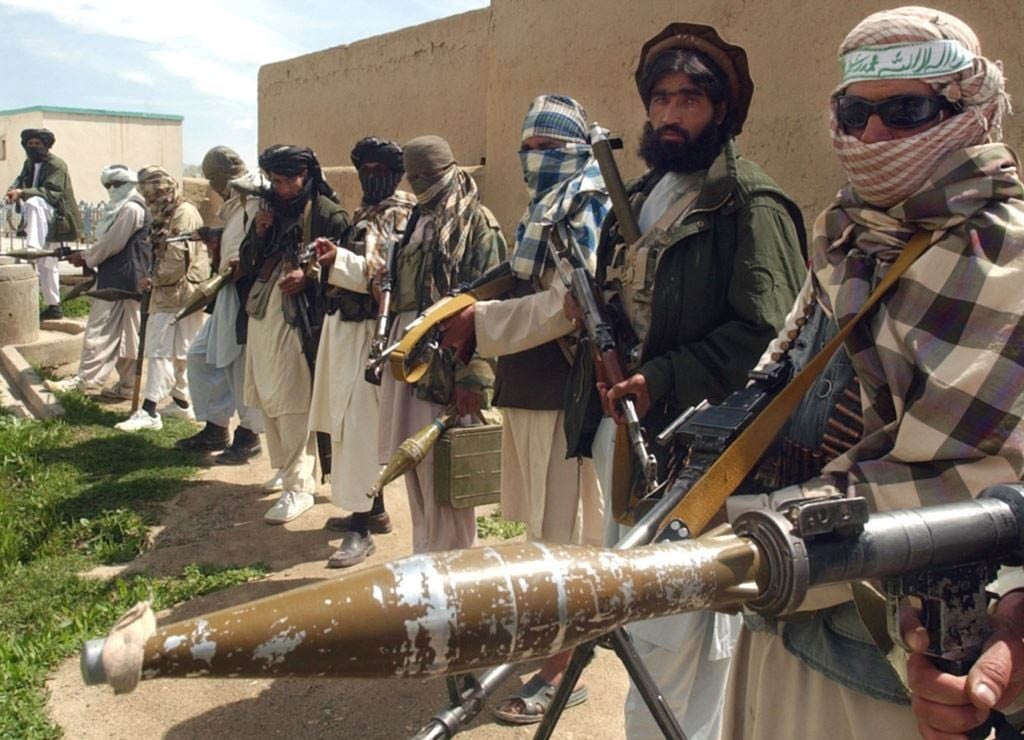
The National Party in Balochistan has remained under attack by Baloch insurgents throughout the time it was in power

Halfway through five-year tenure, the National Party (NP) has handed over the slot of Balochistan’s chief minister to the Pakistan Muslim League-Nawaz (PML-N).
The National Party that was implementing 2013 tripartite Murree Agreement, bore the brunt of participating in parliamentary politics as its leaders and members are under consecutive attacks and targeted killings at the hands of a proscribed Baloch insurgent group.
On December 15, unidentified armed men killed Dr Shafi Muhammad Baloch, the younger brother of Khair Jan, a central leader of the National Party (NP) and political advisor of the chief minister Balochistan, in district Awaran.
Two days later, the Baloch Liberation Front, a proscribed Baloch insurgent group, claimed to have kidnapped four political activists, including NP members, from different parts of district Kech, BBC Urdu reported. The abducted workers were returning from campaign of by-polls of vacant provincial assembly seat PB-50, which is scheduled for December 30. On December 7, two NP workers were killed in Grisha area of district Khuzdar.
Background interviews with the NP leaders and political analysts suggest there are serious threats to the political leaders and parliamentarians of all political groups, such as the PML-N, the Balochistan National Party (BNP), the BNP-Awami and the Jamiat-e-Ulema-e-Islam-Fazl (JUI-F), operating in Baloch parts of the province but the NP is the Baloch insurgents’ key target for ideological reasons.
NP leaders claim dozens of party leaders and their relatives have been killed since the party participated in the 2013 general elections. Engineer Hameed Baloch, the NP’s central vice-president, said his party has been struggling for rights of downtrodden people, especially the Baloch community, in democratic way. "Some forces differ with the party’s policy to take part in parliamentary politics to resolve the issues and thus target our leaders," he tells TNS.
However, political analysts who study Baloch insurgency closely believe there are several factors behind the insurgents’ attacks on the NP leaders. "In fact, the BLF -- the key insurgent group led by Dr Allah Nazar -- emerged from within the ranks of then Balochistan National Movement (BNM), now working as the NP," says a political analyst in Quetta. In October 2003, the NP was formed after merger of two political parties -- BNM led by Abdul Hayee Baloch and Dr. Malik Baloch, and the Balochistan National Democratic Party (BNDP) led by Sardar Sanaullah Zerhi and Mir Hasil Bijenzo.
Belonging to a middle-class family from Mashkay town of district Awaran, Nazar started his political career as a member of the Baloch Students Organisation (BSO), a sister organisation of the then BNM. After parting ways with the then BNM, Nazar and his ideological friends formed Azad (independent) faction of the BSO in 2001 and openly opposed parliamentary politics and advocated an armed struggle for liberating Balochistan. After few years, he went into hiding to organise his own militant group -- BLF.
Ghulam Muhammad Baloch, another radical leader of BNM, along with his colleagues, did not join the newly formed NP. In 2003, he established the organising body of the BNM which decided to struggle for the cause of independent Balochistan instead of taking part in parliamentary politics. Body of Ghulam Muhammad Baloch was found in April 2009, five days after being picked up by unknown assailants from the office of Kachkol Ali Advocate in Turbat, an NP parliamentary leader.
The Balochistan Student Organisation (BSO-Azad) and the BNM were influenced by politics of Makran belt, the area of influence of the NP and where, contrary to popular belief, the Sardari system does not exist. In the beginning, the NP workers faced criticism from the BSO-Azad and the BNM on the party’s political views in a peaceful manner, NP activists say, adding that after the BLF’s formation, the situation started deteriorating.
"The killing of Maula Bakhsh Dashti, Nasim Jangiana and Dr Lal Bakhsh, three key NP leaders, in 2010 and 2011 indicated the party is on the BLF’s key target," says an NP lawmaker in Quetta, requesting anonymity. "Then they [insurgents] threatened the party leadership not to participate in the 2013 general polls and attacked election rallies." Even Dr Abdul Malik Baloch, the then NP’s central president, who became chief minister later, survived in several assassination attempts during the election rallies.
The NP draws much of its support from areas such as Awaran, Panjgur, Washuk, Turbat, Kech and Gwadar, and the BLF’s area of operations also stretches largely across same region of southern Balochistan. "Most of the party leaders, parliamentarians and their relatives do not go to their hometowns because of security reasons," says the NP lawmaker.
Journalists covering the insurgency opine Baloch militant groups target the NP leaders because they rule the province and support the ongoing military operation against the insurgents.
"The NP in Balochistan has been in the same situation as Awami National Party when it was in government from 2008 to 2013. In Balochistan, Baloch insurgents target the NP while in Khyber Pakhtunkhwa, Taliban targeted the ANP," a veteran journalist comments.